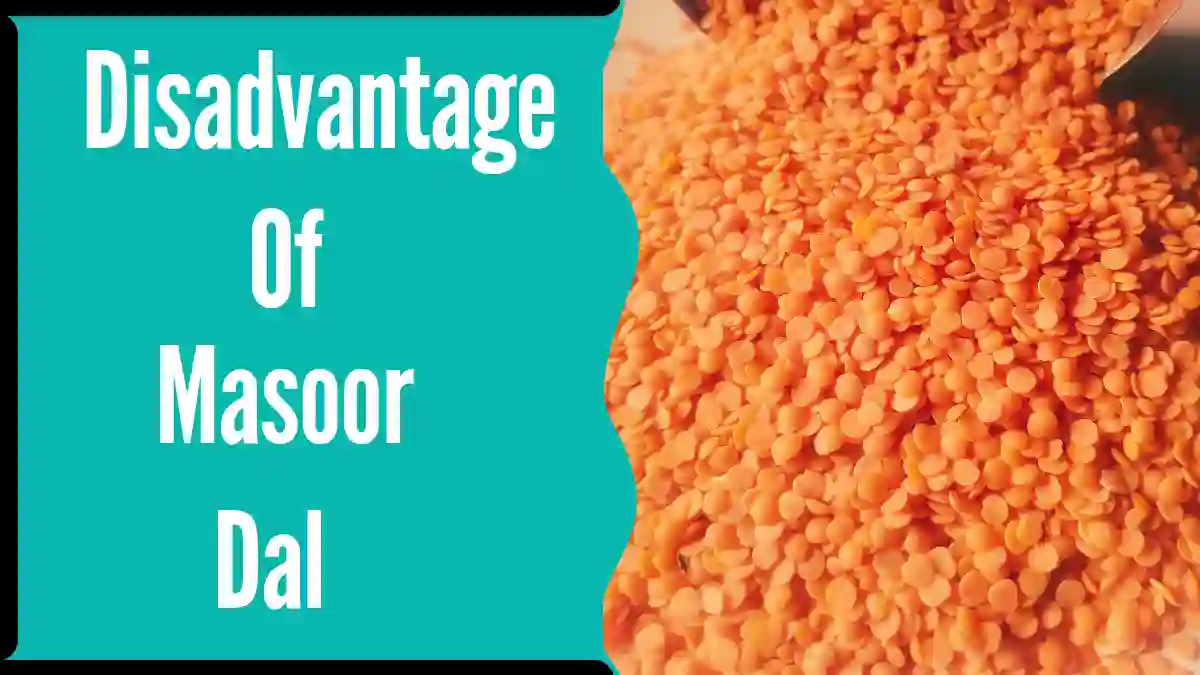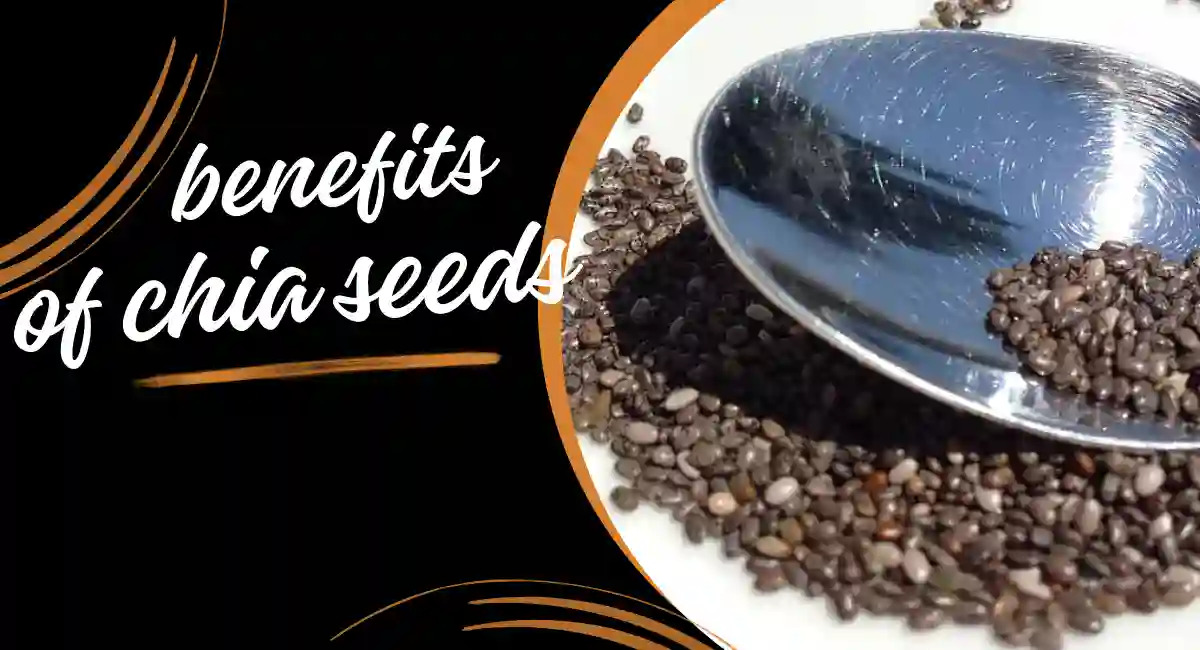Masoor dal disadvantages: All pulses contain a lot of protein we can all consume. But consuming anything in excess can also be harmful.
Today we will talk about the Masoor dal disadvantages if you are making it a part of your diet every day. Then you may also face some Masoor dal disadvantages.
Masoor dal, also known as red masoor dal. This is quite popular in recipes for its nutritional value and medicinal benefits.
Masoor dal is used in many of our Indian dishes. It has a high amount of protein and low calories. But you should also know that it can harm you in many ways.
Masoor dal is rich in fiber and it controls blood sugar levels. Apart from this, masoor dal increases immunity.
Masoor dal prevents anemia and is also beneficial for heart health, glowing skin, and bone health. But masoor dal, which has so many benefits, can also cause very harmful side effects for some.
Types of Masoor Dal
Masoor Dal is of three types.
Whole Black Masoor – This Masoor Dal is big in size and is black.
Peeled Masoor (Malka Masoor) – This dal is made by peeling the black lentil. The color of this dal is pink or red.
Split Masoor – This Malka Masoor Dal is made by dividing it into two parts. Let me tell you that it takes less time to cook masoor dal.
Other Names Of Masoor Dal
Masoor Dal is known by different names all over the world. So let us know by which name Masoor Dal is known in which country. Other names of Masoor Dal
Masoor dal is known by different names all over the world. So let us know by which name Masoor dal is known in which country.
- English – Lentils,
- Kannada – Charnag,
- Tamil – Misoor Par,
- Telugu – Misoor Pappu,
- Punjabi – Masoor,
- Persian – Nashik;
- Bengali – Musoori, Masoor Dal,
- Marathi – Mussoorie,
- Sanskrit – Mangalyak, Mangalya, Masoor,
- Hindi – Mussoorie,
- Trade names – Masoor, Malka, Kesari Dal.
Nutritive Elements Of Masoor Dal

| Nutrient Quantity | per 100 grams |
|---|---|
| Energy | 343 kcal |
| Protein | 24.44 grams |
| Carbohydrate | 64.44 grams |
| Fiber | 11. 1 grams |
| Calcium | 44 mg |
| Iron | 6 mg |
| Potassium | 667 mg |
| Vitamin C | 5.3 mg |
Masoor dal disadvantages
Well, There are many benefits of masoor dal eating which we already know. Today we know that eating masoor dal in excess can also cause some disadvantages. So let us know about the Masoor dal disadvantages.
In Case Of A Gas Problem
Masoor dal has a high fiber content, so eating it can sometimes cause gas problems. Doctors say that consuming it in excess can cause acidity problems.
Also, these pulses have high protein content. Thus, if it is included in the diet in large quantities, there is a risk of weight gain and excess fat in the body.
Kidney Problems
For people who have kidney problems, the amount of potassium in masoor dal can be harmful. Some important tips for people suffering from kidney problems are.
They should manage their potassium intake carefully. So that their condition does not worsen further.
Kidney health is very important and masoor dal intake must be monitored to prevent potential side effects of masoor dal.
Nutrient Imbalance
Let me tell you that you should consume masoor dal in a balanced manner along with other food groups. Excessive consumption of masoor dal can cause an imbalance in nutrients.
For example, let me tell you that masoor dal has a lot of protein. But it does not contain all the amino acids necessary for the body.
If this imbalance is not corrected, it can affect entire health and well-being. Thus, it is important to include a variety of foods in the diet to ensure adequate nutrient intake and cut the side effects of masoor dal.
Uric Acid Levels
For individuals suffering from diseases such as gout or kidney stones. Consuming masoor dal in excess can increase the level of uric acid in the blood. So it leads to discomfort and complications.
It is important for people suffering from such conditions to check uric acid levels. So that the condition can be prevented from worsening and the symptoms can be managed effectively.
The side effects of masoor dal can worsen these conditions if not managed properly.
Allergic Reactions
Some Masoor dal disadvantages are that one may have or develop an allergy to pulses, including masoor dal. Which may cause adverse reactions such as itching, swelling, and gastrointestinal discomfort.
Read More Article
- Masoor Dal Benefits: Know 7 Benefits, 4 Side Effects, And More
- Know the amazing 9 Benefits Of Chia Seeds, 4 Disadvantages, Nutritional Values, And More
- Health Benefits Of Mushrooms: Know Nutrients, Properties, And 10 Amazing Benefits
- Benefits of Arjun Chhal with 8 Cons, amazing Properties, And Uses
- Know 12 Amazing Health Benefits of Eating Broccoli with Nutrient Values and more
Disclaimer: Know about Masoor dal disadvantages in this article. Irregular consumption of Masoor dal also causes harm. Therefore, you can consume it with the help of your doctor or consultant. This article has been written on information available on public platforms. Hence epresson.com does not share any kind of responsibility.






